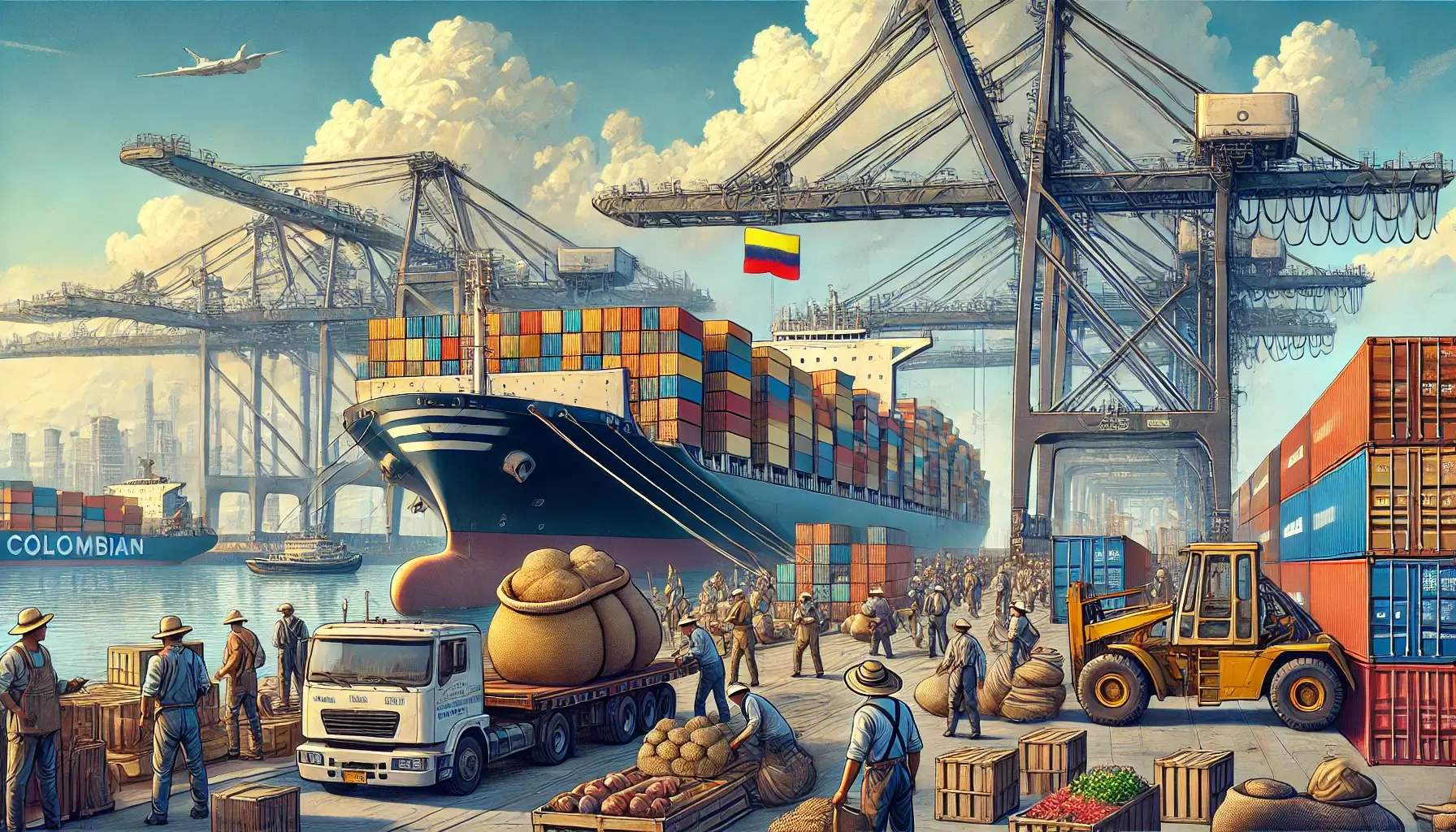Washington, D.C. – President Donald Trump has announced potential tariffs on Colombian exports, including coffee, crude oil, and cut flowers, escalating tensions between the U.S. and Colombia. The move comes in response to a disagreement over deportation flights for Colombian nationals living in the United States illegally.
During a press briefing, Trump stated, “We are prepared to impose significant tariffs on goods coming from Colombia if they do not cooperate in accepting deportees. This is about protecting American interests and ensuring compliance with our immigration policies.” The proposed tariffs could severely impact Colombia’s economy, which heavily relies on its exports to the United States.
Impact on Colombian Exports
Colombian coffee, flowers, and crude oil are among the country’s top exports, with the U.S. serving as one of its largest trading partners. Industry experts warn that tariffs on these goods could lead to higher prices for American consumers while dealing a heavy blow to Colombia’s economy. CNBC reported that coffee prices could see a sharp increase, along with crude oil and floral products commonly imported for special occasions.
Colombia’s government has yet to issue a formal response to the tariff threats but has expressed concerns about the potential economic fallout. Meanwhile, Colombian farmers and exporters fear a loss of market competitiveness, which could result in significant job losses.
Deportation Dispute
At the heart of the conflict is the U.S. government’s demand for increased cooperation from Colombia in accepting deportees. According to CNN, U.S. immigration authorities have accused Colombia of delaying or refusing to accept deported nationals, citing bureaucratic inefficiencies and lack of coordination.
The Trump administration argues that Colombia’s actions undermine U.S. immigration policies. However, human rights advocates have called for a more nuanced approach, emphasizing the need for better systems to address humanitarian concerns linked to deportation cases.
Political and Economic Reactions
The announcement has sparked criticism from U.S. lawmakers on both sides of the aisle, with some arguing that the tariffs could harm American businesses and consumers. Florida representatives have voiced particular concern, as Colombian imports play a key role in the state’s economy. Miami Herald highlighted the ripple effects tariffs could have on local economies reliant on Colombian goods.
In Colombia, the proposed tariffs have fueled anti-U.S. sentiment, with opposition leaders urging President Gustavo Petro to defend the country’s sovereignty. Analysts warn that strained relations could jeopardize ongoing trade and security cooperation between the two nations.
Looking Ahead
As the situation unfolds, both governments face increasing pressure to resolve the dispute diplomatically. The Trump administration has signaled its willingness to negotiate but remains firm on enforcing stricter immigration policies. For Colombia, balancing economic stability with domestic political considerations will be key in determining its response.
With no immediate resolution in sight, businesses and consumers on both sides of the trade relationship are bracing for the potential fallout of this escalating dispute.






